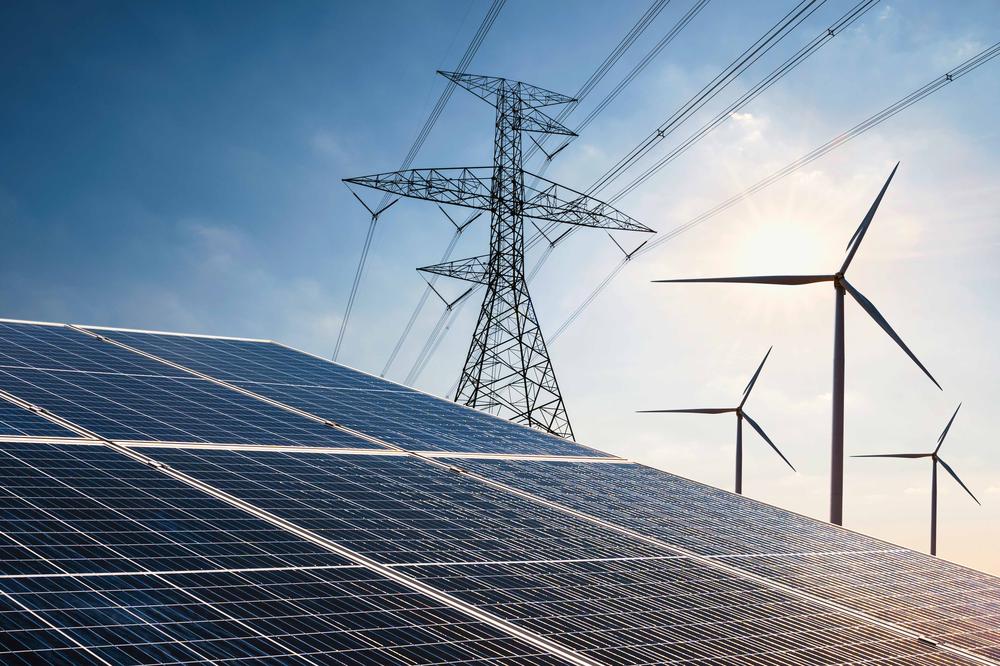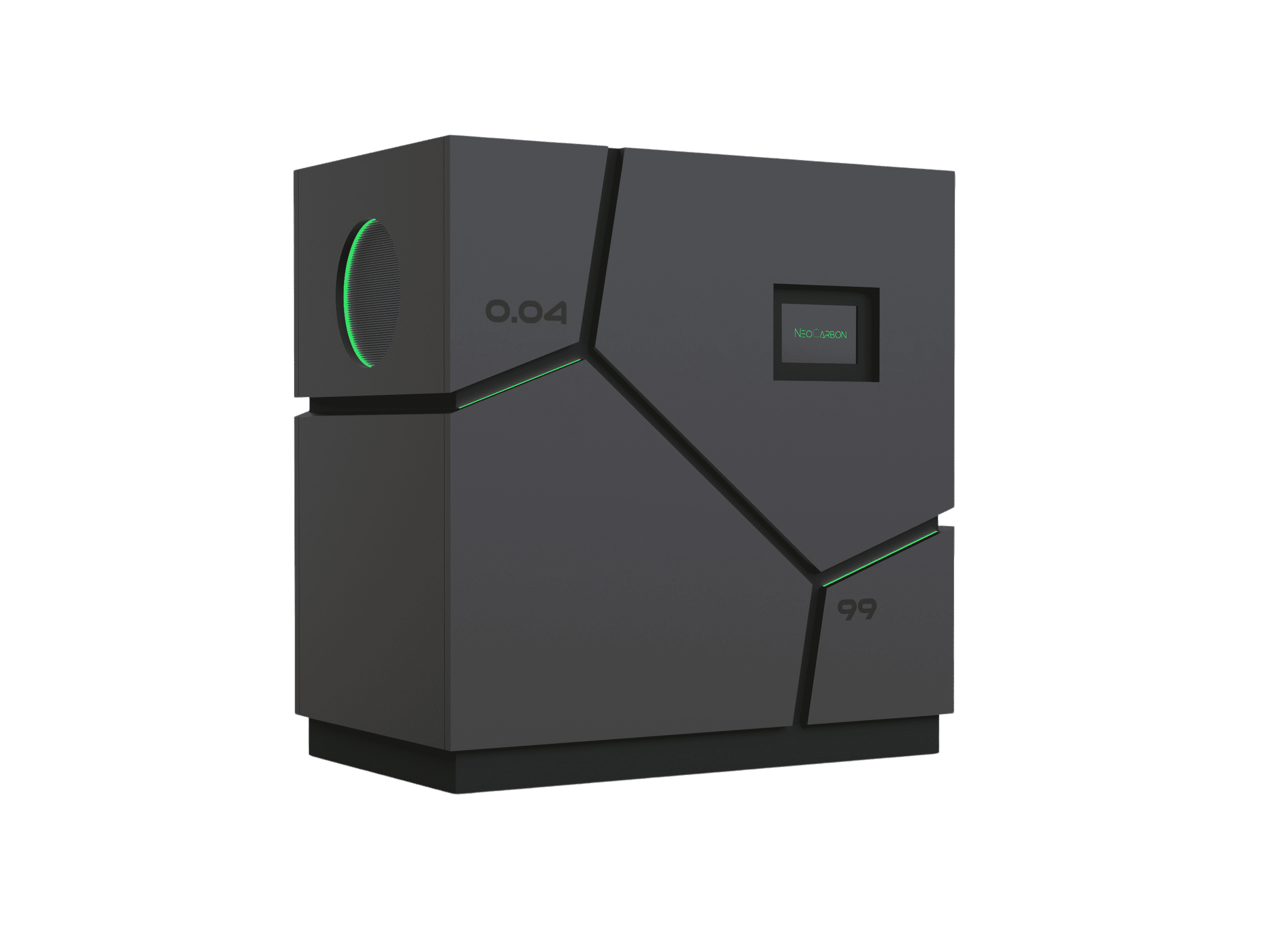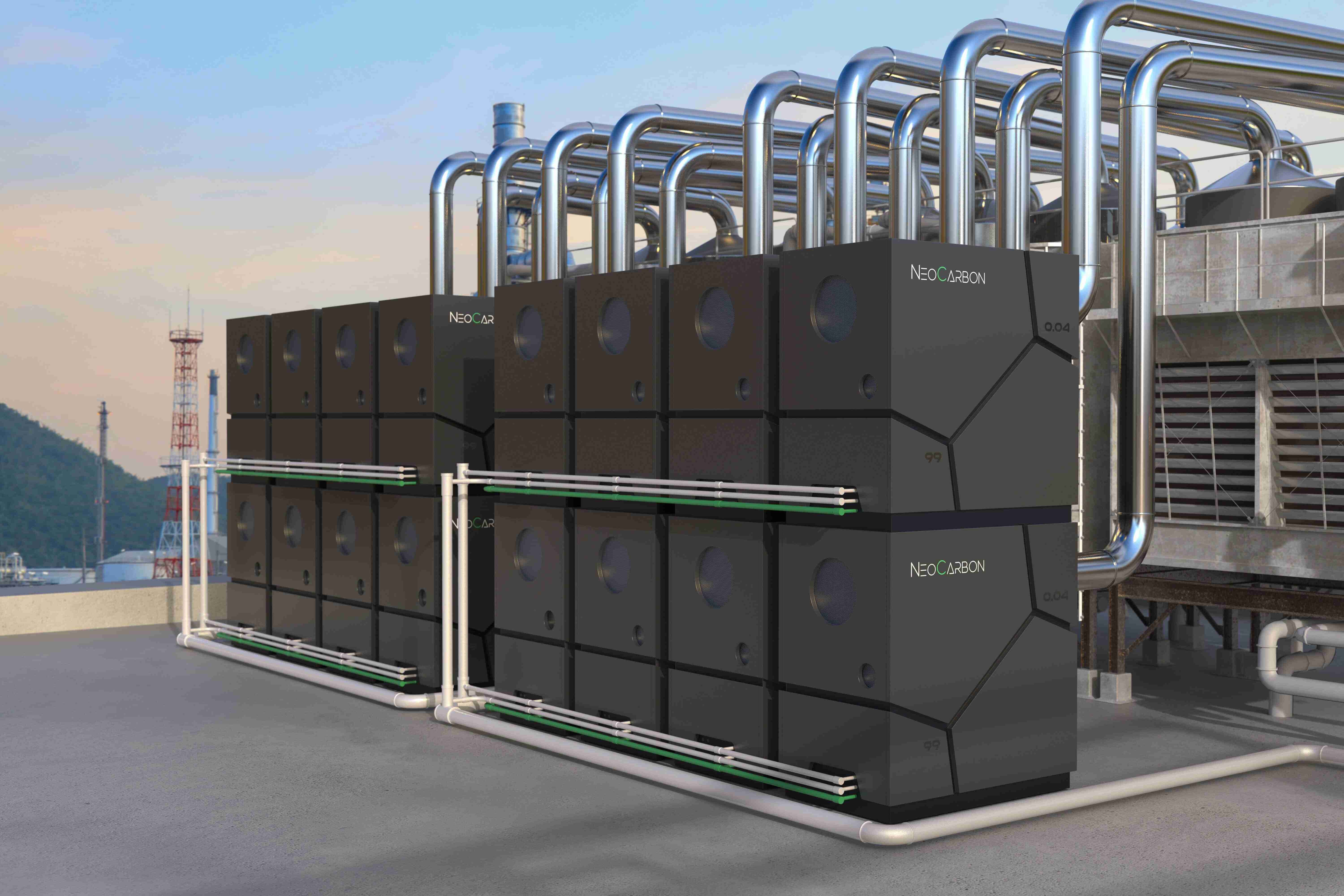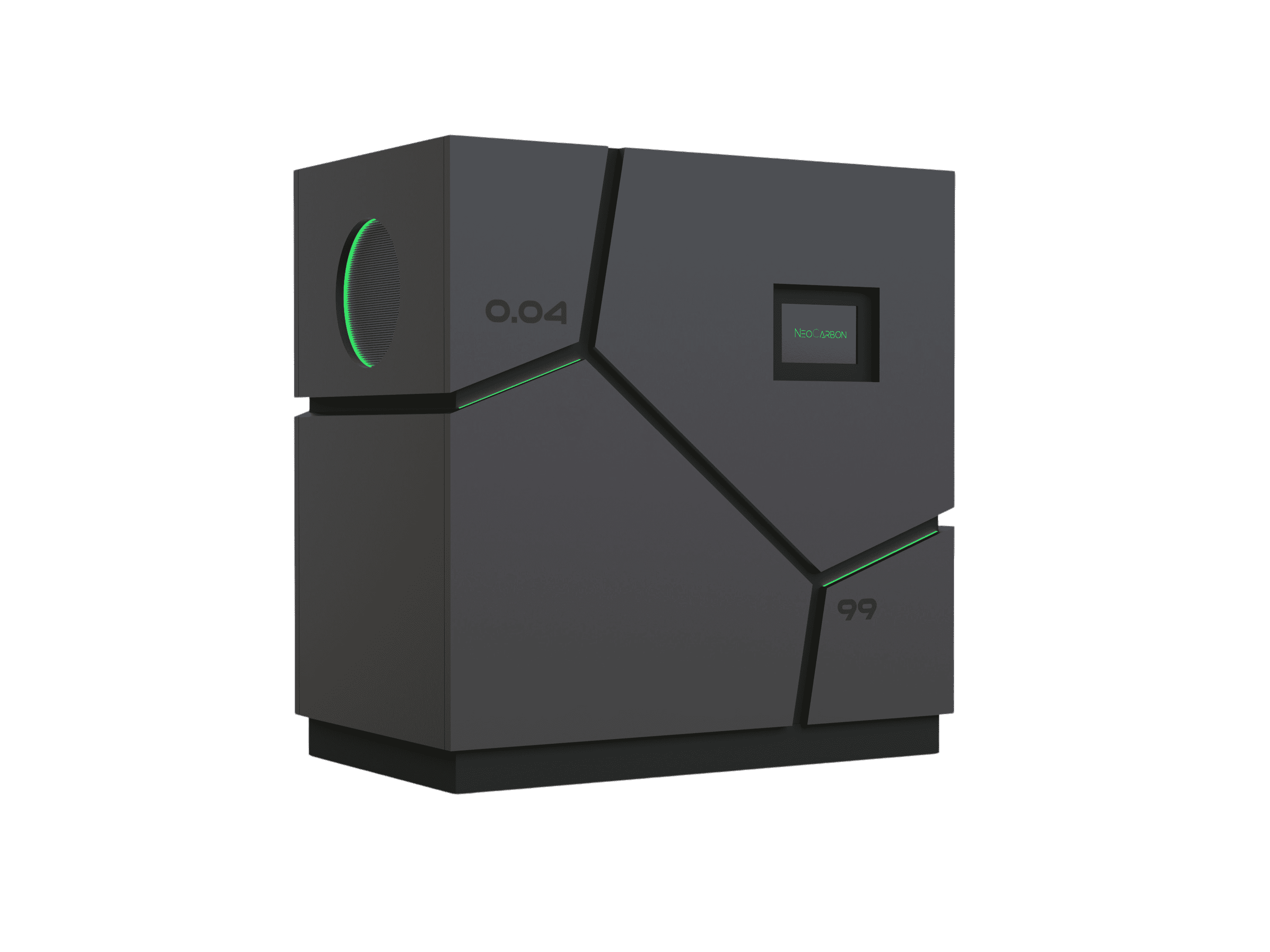
The B2B platform for the best purchasing descision. Identify and compare relevant B2B manufacturers, suppliers and retailers
Close
Filter
Result configuration
Continents
Select continent
Locations
Result types
Company type
Select company type
Industries
Select industry
Company status
Select company status preset
Number of employees
Min.
Max.
Founding year
DAC City Inc.
San Carlos, United States
B
1-10 Employees
2018
Key takeaway
DAC City is a Silicon Valley company dedicated to advancing Direct Air Capture (DAC) technology for industrial CO2 users. They focus on developing innovative methods to enhance the efficiency of CO2 capture, with a mission to deploy scalable DAC solutions that can significantly reduce atmospheric carbon dioxide.
Reference
Core business
Direct Air Capture Prototype
AirCapture
Berkeley, United States
B
11-50 Employees
-
Key takeaway
Aircapture is focused on deploying Direct Air Capture (DAC) technologies to address atmospheric CO2, viewing it as both a challenge and an opportunity. Their mission includes developing a circular carbon economy, which aligns with innovative projects that transform captured CO2 into valuable products.
Reference
Core business
Aircapture - Circular Carbon Economy
We supply commercial and industrial customers with clean CO2 captured from our atmosphere to radically improve the environment, the economy, and our lives.
Carbominer
Kyiv, Ukraine
B
1-10 Employees
2020
Key takeaway
Carbominer specializes in Direct Air Capture (DAC) technology, which efficiently captures CO₂ from the ambient air using modular, transportable units. Their innovative approach not only makes carbon capture affordable but also enables the use of renewable energy, providing a sustainable source of CO₂ for applications such as greenhouse cultivation and vertical farming.
Reference
Core business
Carbominer | Cost-efficient CO2 from the open air for commercial clients
We use direct air capture technology to efficiently pull CO2 from the open air. We offer it to clients as a sustainable alternative to the CO2 they get now.
Looking for more accurate results?
Find the right companies for free by entering your custom query!
25M+ companies
250M+ products
Free to use
Air to Earth®
New York, United States
B
1-10 Employees
2019
Key takeaway
Air to Earth Solutions LLC is focused on Direct Air Capture (DAC) technologies that enhance efficiency and reduce costs for removing carbon from the atmosphere. Their patented systems aim to support "net-zero" corporates in effectively mitigating hard-to-abate emissions, positioning DAC as a key player in the growing carbon removal industry.
Reference
Core business
HOME | AIR TO EARTH | DIRECT AIR CAPTURE | CARBON REMOVAL
Air to Earth Solutions LLC purchases and permanently retires emission rights from the regulated power generation sector on your behalf. Creating programs for direct air capture for carbon removal.
Carbon Engineering
Squamish, Canada
A
11-50 Employees
2009
Key takeaway
Carbon Engineering has developed a groundbreaking Direct Air Capture technology that captures carbon dioxide directly from the atmosphere, addressing the primary greenhouse gas responsible for climate change. This innovative approach is a key part of the company's commitment to creating a sustainable future and reaching net-zero emissions.
Reference
Core business
Carbon Engineering | Direct Air Capture of CO2 | Home
Learn about our groundbreaking carbon removal technology that can be used to create large-scale carbon removal from the atmosphere.
Carbon Blade DAC
Pittsburgh, United States
B
1-10 Employees
-
Key takeaway
The Carbon-Blade system is a Zero Emission Direct Air Capture (DAC) solution that effectively captures and sequesters CO2 from ambient air using renewable energy. Its modular and transportable design allows for efficient carbon capture at the source, aligning with the goal of achieving Net Zero emissions.
Reference
Core business
Direct Air Capture | Carbon Blade, Distributed Direct Air Capture Solution
Carbon Blade captures carbon from ambient air and employs renewable energy to power the system. The self-contained system is closed-loop with ZERO waste. Easy to transport and locate where carbon can be directly utilized.

Cambridge Carbon Capture Ltd
Cambridge, United Kingdom
A
1-10 Employees
2010
Key takeaway
Cambridge Carbon Capture's Direct Air Capture technology not only captures carbon dioxide but also extracts valuable metal and mineral co-products, generating revenue that significantly reduces operating costs. Their innovative approach allows for the operation of capture plants in locations without geological storage infrastructure.
Reference
Core business
Cambridge Carbon Capture | Direct Air Capture and Mineralisation | Zero Carbon Metals
Cambridge Carbon Capture technology for Direct Air Capture and Mineralisation of Carbon Dioxide. Extraction of critical minerals from carbon capture process.
Nordic DAC Group
Timrå kommun, Sweden
A
1-10 Employees
2020
Key takeaway
The company is focused on building and deploying a significant number of Direct Air Capture (DAC) plants before 2030, emphasizing the importance of large-scale carbon removal to achieve aggressive emissions reductions. Their commitment to leading DAC technologies highlights the critical role of carbon capture in addressing climate change and reaching global zero emissions by 2050.
Reference
Core business
Nordic DAC Group
Building Direct Air Capture voluntary carbon markets while deploying leading DAC tech. Tackle unavoidable, hard to reduce and historical carbon dioxide emissions.
Exhale Aerosystems
Canada
A
1-10 Employees
2021
Key takeaway
Exhale Aerosystems is focused on developing modular direct air capture systems for various applications, including high-rise rooftops, open fields, and fleet vehicles. Their goal is to capture significant amounts of CO2 directly from the air, thereby supporting the growth of the carbon utilization industry and the conversion of CO2 into synthetic fuels.
Reference
Core business
Carbon Dioxide Management Solutions for Air Operators | Exhale Aerosystems
Exhale Aerosystems is developing mobile direct air carbon removal systems for transport vehicles that can collectively remove CO2 by the megatonne. Our suite of carbon capture products will operate on trains, trucks, aircraft and more.
Carbon Capture
Pasadena, United States
B
11-50 Employees
2019
Key takeaway
The company specializes in direct air capture (DAC) technology, utilizing zero emissions energy and solid sorbents to efficiently filter CO2 from the atmosphere. They offer a carbon removal service that not only captures carbon but also provides third-party verification for the credits generated.
Reference
Core business
CarbonCapture Inc. | Direct air capture for a net zero future
Our carbon removal service captures CO2 from the air and permanently stores it underground. Contact us to purchase DAC-based carbon removal credits.
Technologies which have been searched by others and may be interesting for you:
A selection of suitable products and services provided by verified companies according to your search.

Product
CO2-as-a-service
Go to product

Product
High-quality carbon removal credits to reach Net-Zero
Go to product
A selection of suitable use cases for products or services provided by verified companies according to your search.

Use case
CO2 utilization to produce sustainable fuels
Aviation
Many companies require CO2 as input for their industrial process. For example, companies that produce Sustainable Aviation Fuels need CO2 as a feedstock, and they can replace their 'dirty' CO2 with the most sustainable source of CO2. In addition, you also eliminate the need to transport the CO2 as we capture the CO2 directly on your site.

Use case
CO2 utilization to produce sustainable fuels
Aviation
Many companies require CO2 as input for their industrial process. For example, companies that produce Sustainable Aviation Fuels need CO2 as a feedstock, and they can replace their 'dirty' CO2 with the most sustainable source of CO2. In addition, you also eliminate the need to transport the CO2 as we capture the CO2 directly on your site.
Direct Air Capture (DAC) refers to a technological process designed to remove carbon dioxide (CO2) directly from the atmosphere. This innovative approach utilizes large fans to draw in air, which then passes through chemical solutions or solid sorbents that capture the CO2. The captured carbon can subsequently be stored underground or utilized in various applications, effectively mitigating greenhouse gas emissions. The significance of DAC lies in its potential to combat climate change by enabling negative emissions. As more providers enter the market, advancements in technology and scalability continue to enhance efficiency, making this method an increasingly viable solution in the transition towards a sustainable future.
Direct Air Capture (DAC) technology functions by using chemical processes to remove carbon dioxide (CO2) directly from the atmosphere. Air is drawn into a system where it passes over materials that selectively capture CO2. These materials can be liquid solvents or solid sorbents, which bind with the carbon dioxide molecules. Once captured, the CO2 is then processed, typically by heating or applying a vacuum, to release it from the capturing material. The released carbon dioxide can be stored underground, utilized in various industrial processes, or converted into products like fuels. This innovative approach plays a crucial role in mitigating climate change by actively reducing atmospheric CO2 levels.
1. Carbon Dioxide Removal
Direct Air Capture (DAC) technology efficiently extracts carbon dioxide from the atmosphere, making it a powerful tool for combating climate change. By removing excess CO2, DAC can help mitigate global warming and its associated environmental impacts.
2. Flexibility in Deployment
DAC systems can be deployed in various locations, including urban areas and industrial sites. This flexibility allows for integration into existing infrastructure, making it easier to implement solutions tailored to specific regional needs and carbon reduction goals.
3. Potential for Negative Emissions
When combined with renewable energy sources, Direct Air Capture has the potential to achieve negative emissions. This means that it can not only reduce current atmospheric CO2 levels but also contribute to overall reductions in greenhouse gas concentrations.
4. Economic Opportunities
The development and scaling of DAC technology can create new economic opportunities, including jobs in manufacturing, installation, and maintenance. As demand for carbon removal solutions increases, this sector is likely to expand significantly.
Direct Air Capture (DAC) faces several challenges that impact its widespread adoption and effectiveness. One significant hurdle is the cost of technology, as the processes involved in capturing CO2 from the atmosphere can be expensive. This includes high operational costs and the need for substantial energy inputs, which can hinder scalability. Another challenge is resource availability. DAC systems require specific materials and infrastructure, which may not be readily accessible in all regions. Additionally, the integration into existing systems can be complex, as captured carbon must be stored or utilized effectively to make the process viable. These challenges necessitate ongoing innovation and investment to enhance the efficiency and reduce the costs associated with Direct Air Capture technologies.
The cost of Direct Air Capture (DAC) technology varies significantly based on several factors, including the scale of the operation and the specific technology used. Generally, estimates for capturing carbon through DAC range from $100 to $600 per ton of CO2 removed from the atmosphere. Factors influencing these costs include the energy requirements of the capture process, the efficiency of the technology, and the location of the facilities. As more providers enter the market and technology advances, these costs are expected to decrease, making DAC a more viable option for large-scale carbon removal.
Some interesting numbers and facts about your company results for Direct Air Capture
| Country with most fitting companies | United States |
| Amount of fitting manufacturers | 10000 |
| Amount of suitable service providers | 10000 |
| Average amount of employees | 1-10 |
| Oldest suiting company | 2009 |
| Youngest suiting company | 2021 |
20%
40%
60%
80%
Some interesting questions that has been asked about the results you have just received for Direct Air Capture
What are related technologies to Direct Air Capture?
Based on our calculations related technologies to Direct Air Capture are Water/Ocean Cleaning Technologies, Waste Management, Renewable Energy, Sustainable Fashion, Smart Grid
Who are Start-Ups in the field of Direct Air Capture?
Start-Ups who are working in Direct Air Capture are Exhale Aerosystems
Which industries are mostly working on Direct Air Capture?
The most represented industries which are working in Direct Air Capture are Oil, Energy and Gas, Other, Environment, Disposal and Recycling, IT, Software and Services, Manufacturing
How does ensun find these Direct Air Capture Companies?
ensun uses an advanced search and ranking system capable of sifting through millions of companies and hundreds of millions of products and services to identify suitable matches. This is achieved by leveraging cutting-edge technologies, including Artificial Intelligence.